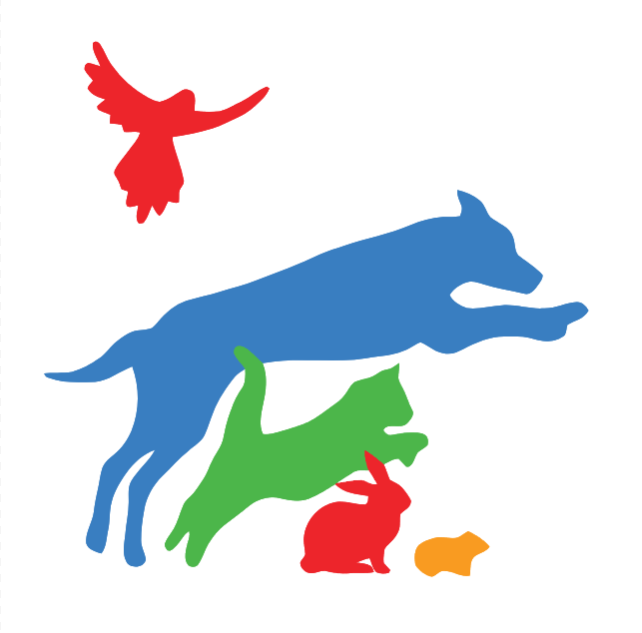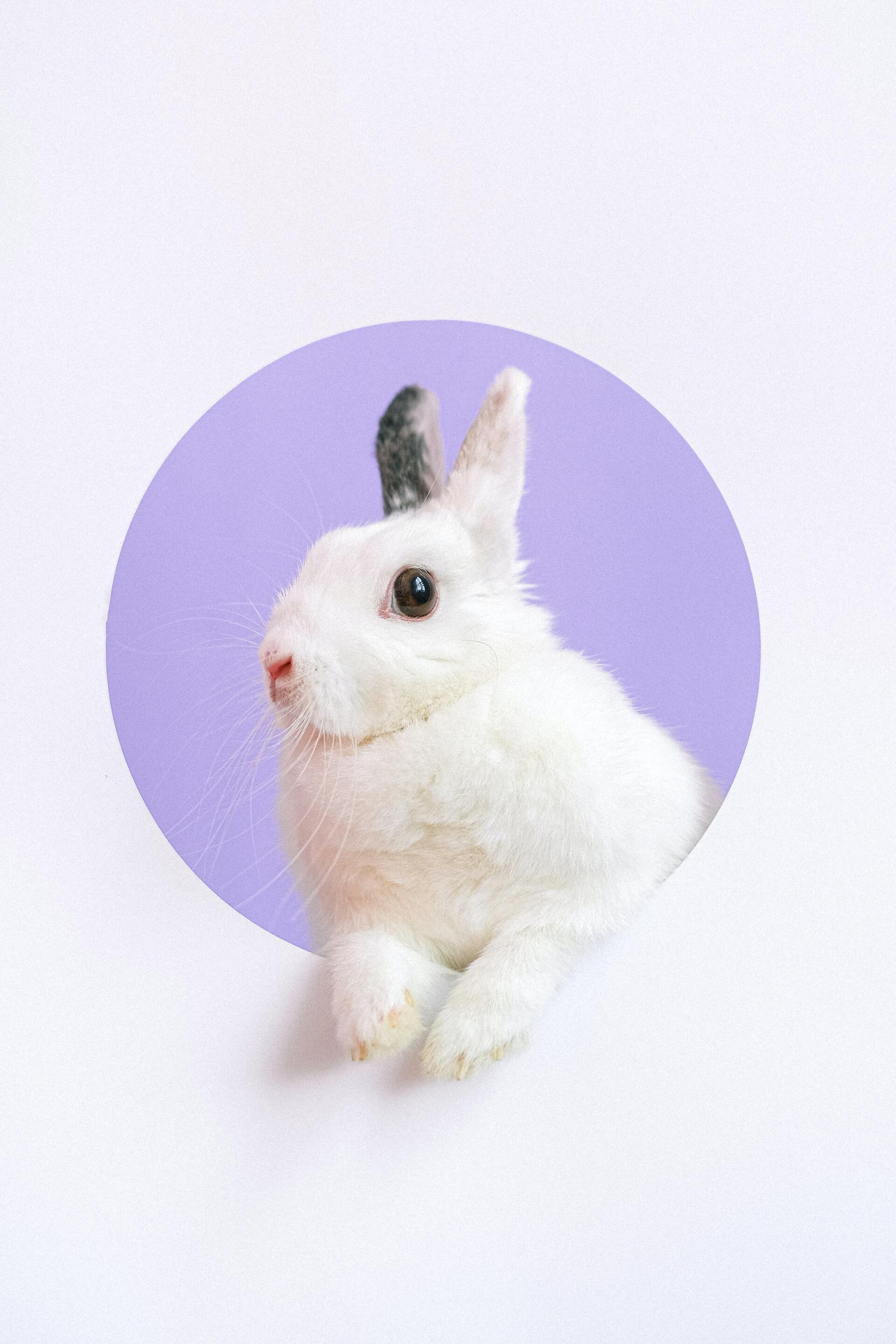We believe that ‘prevention is better than cure’ and just like dogs and cats, rabbits also need vaccinations against infectious diseases they are at risk from. This also provides a valuable opportunity for your rabbit to have a health check with one of our vets.
The Healthy Pet Club membership includes your rabbit’s routine vaccinations.
Vaccinations for rabbits
The good news for rabbit owners is that there is a new vaccination on the market which combines a full 12 months’ protection against Myxomatosis and Rabbit Haemorrhagic Disease (RHD) within a single injection. This can be done any time from five weeks of age, although it is best to buy young rabbits between 12-16 weeks old. They then require annual boosters to ensure that their immunity to disease stays strong.
Both diseases are killers and there is NO treatment for either of them.
Myxomatosis
Fatal disease spread by fleas, biting flies and direct contact with infected rabbits. This means that indoor rabbits are at risk as well as outdoor ones.
Causes discharge from the eyes and infected rabbits usually go off their food. Puffy swellings around the head, face and genitals develop and rabbits often succumb to pneumonia. They very rarely recover from the disease.
Viral Haemorrhagic Disease (VHD1&2)
There are now two types of RVHD in the UK (VHD1 and VHD2) which we can vaccinate against. Most affected rabbits die rapidly without showing obvious clinical signs apart from a short period of dullness and lethargy. These diseases are preventable with vaccination. For complete cover for your rabbit, we now offer and recommend an additional vaccine for VHD2. This vaccine must be given at least two weeks apart from the standard annual vaccination for Myxomatosis and VHD1. Please ask in practice for more details.
Another fatal disease spread by direct contact with infected rabbits or their saliva and nasal secretions. This means that the virus can be spread by birds, feeding bowls and even human clothing, meaning indoor rabbits are susceptible to this disease as well.
Causes internal bleeding that kills rabbit, but the disease progresses so quickly that it is usually just thought to cause sudden death. Vaccination is very effective at preventing disease
It’s never too late to start a vaccination programme.
If you have an older rabbit, it is not too late to start a vaccination programme and your vet can advise you on this. Older rabbits often have a weaker immune system so it is especially important to give them a helping hand and keep their boosters up to date.
Healthcheck
At the time of vaccination, your vet will also give your rabbit a thorough clinical examination that can alert us to health problems. It is particularly important to make sure your rabbit’s teeth are check at least every six months, as pet rabbits are very prone to dental disease which can have very severe consequences if not picked up early. This examination is as vital for the well-being of your rabbit as the vaccination and is a valuable opportunity for you to discuss any concerns or queries you may have about your rabbit’s health.



